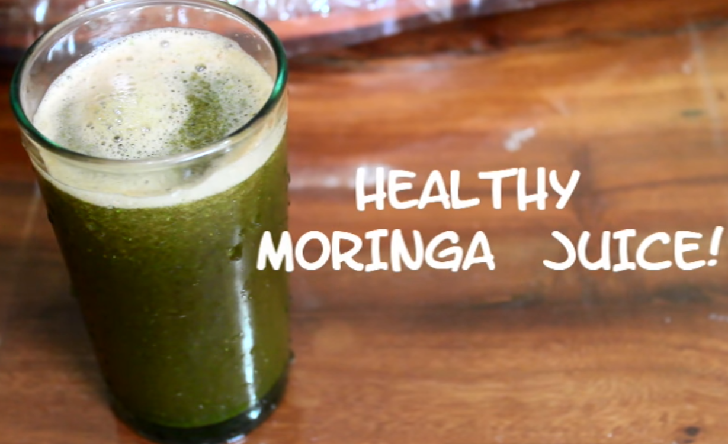Moringa or Moringa oleifera is becoming more and more popular each day. It is a fast-growing, deciduous tree that is native to India. It’s widely cultivated in tropical and subtropical areas all over Asia, South America, and Africa.
It is also known as drumstick tree, mother’s best friend, Horseradish tree, and West Indian ben. Although moringa has become popular as a leaf powder supplement, the roots, pods, bark, seeds, flower, and fruits are also edible.
Moringa contains isothiocyanates, which are very effective in the treatment of abdominal disorders like ulcerative colitis, gastritis, and constipation. There are studies that have shown that moringa can be used as an effective herbal substitute for a range of commercially available antacids.
According to research, it can effectively cure ulcerative colitis. Moringa also contains antibacterial and antibiotic properties that prevent the growth of various pathogens, including Helicobacter pylori bacteria and coliform bacteria which trigger conditions like diarrhea.
Moringa consists of phytochemicals like epicatechin, ferulic acid, catechin, and vitamin C. These nutrients are very helpful in protecting the liver. They help to restore the levels of glutathione content in the body and also prevent radiation-induced hepatic lipid peroxidation. According to research, moringa leaves are effective against liver damage caused by antitubercular drugs, as well as in speeding up the recovery process.
According to a recent study, Moringa extracts are effective in altering brain monoamines like norepinephrine, dopamine, and serotonin. It can even protect your brain from deficiencies that are related to Alzheimer’s disease.
Moringa is packed with nutrients. There’s 17 times more calcium in Moringa than in milk, 25 times more iron than in spinach and 10 times more betacarotene than in carrots. It is also rich in minerals like zinc, potassium, iron and also in vitamin C and B complex vitamins. It is rich in proteins as well it contains 4 times of what eggs provide.
It is also known as drumstick tree, mother’s best friend, Horseradish tree, and West Indian ben. Although moringa has become popular as a leaf powder supplement, the roots, pods, bark, seeds, flower, and fruits are also edible.
Moringa is rich in vitamins, proteins, and minerals. It’s a source of vitamin A, vitamin B1 (thiamine), B2 (riboflavin), B3 (niacin), B6, folate, and vitamin C. It’s also a source of potassium, iron, calcium, magnesium, zinc, and phosphorus. Moringa is not in vain called the miracle tree.
Here are some of the amazing benefits Of Moringa
1. Cures Stomach Disorders
Moringa contains isothiocyanates, which are very effective in the treatment of abdominal disorders like ulcerative colitis, gastritis, and constipation. There are studies that have shown that moringa can be used as an effective herbal substitute for a range of commercially available antacids.
According to research, it can effectively cure ulcerative colitis. Moringa also contains antibacterial and antibiotic properties that prevent the growth of various pathogens, including Helicobacter pylori bacteria and coliform bacteria which trigger conditions like diarrhea.
2. Protects the Liver
Moringa consists of phytochemicals like epicatechin, ferulic acid, catechin, and vitamin C. These nutrients are very helpful in protecting the liver. They help to restore the levels of glutathione content in the body and also prevent radiation-induced hepatic lipid peroxidation. According to research, moringa leaves are effective against liver damage caused by antitubercular drugs, as well as in speeding up the recovery process.
3. Prevents Neurodegenerative Diseases
According to a recent study, Moringa extracts are effective in altering brain monoamines like norepinephrine, dopamine, and serotonin. It can even protect your brain from deficiencies that are related to Alzheimer’s disease.
4. Provides Excellent Nutritional Support
Moringa is packed with nutrients. There’s 17 times more calcium in Moringa than in milk, 25 times more iron than in spinach and 10 times more betacarotene than in carrots. It is also rich in minerals like zinc, potassium, iron and also in vitamin C and B complex vitamins. It is rich in proteins as well it contains 4 times of what eggs provide.
